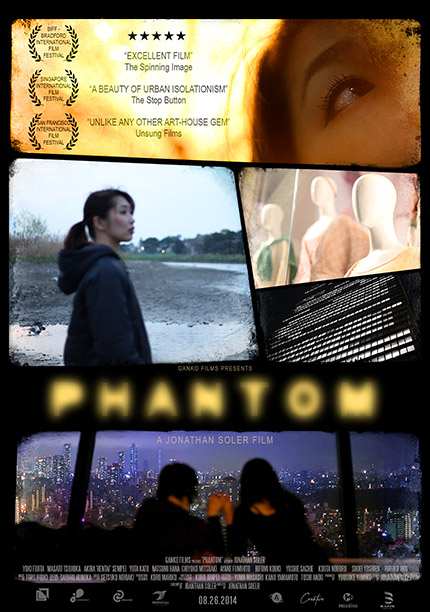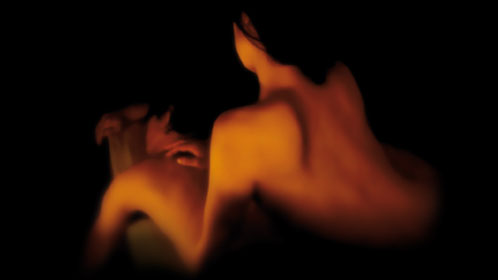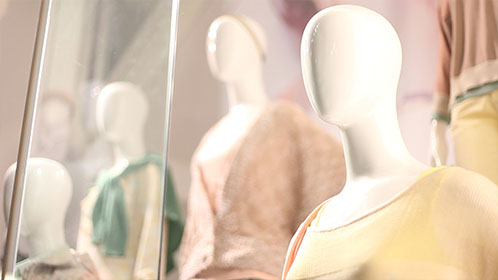More movies
A film by Jonathan Soler

With : Yuki FUJITA, Masato TSUJIOKA...
76 min. / color / 2012 / Japanese
SYNOPSIS
In Tokyo, a girl and her boyfriend spend a night talking about their life, their precarious condition and their difficulties in earning a living, finding their place in the world, if they ever have one...
Phantom is an intimate coming-of-age movie in the midst of economic crisis and questions about the complexity of the world. Phantom has a unique style, set in a dreamlike Tokyo.
Release: France, USA, Germany, Italy, Japan, Japan, United Kingdom, Spain, Brazil, Taiwan, Thailand, Vietnam.
Excerpt 1 : "Phantom"
Excerpt 2 : "Direction"
Excerpt 3 : "Consumers"
Jonathan Soler Interview
VOICEOVER

All the dialogues of the Japanese couple are in voiceover. And the footage of the film is disconnected from the dialogues. With such a style, the purpose of the filmmaker Jonathan Soler was to create a film that gets as close as possible to a dream.
THE CAST
The actor Masato Tsujioka is well known in Japanese independent cinema. He was cast in several movies by directors such as Shin’ya Tsukamoto, Teruo Ishii, Shion Sono, etc. As for the actress, Yuki Fujita, it is her first role in a feature film.
A VERY LONG… AND VERY SHORT SHOOTING!
The shooting of the footage without the cast took 6 months. (Late January to Mid-July 2012.) The scenes with the cast were shot in only 7 days. (April 2012.)

THE REVERSE SIDE OF JAPAN
A part of the film – the part without the cast – required, as a photographer, to spend a lot of time looking for things to shoot in the streets of Tokyo, in order to enrich the film. One of the goals of the filmmaker was also to show Tokyo as we rarely have a chance to see it. He wished to capture “Nippon no ura” (the reverse side of Japan).
BOKEH
Phantom was fully shot with a narrow field of view (a 50 mm lens) to “trap” the characters in the frame. The lens was always widely opened (f/1.8) to keep the shallowest depth of field and to be more sensitive to light. It created a very strong “bokeh” (the background blurriness) and put the subject in and out of focus.
A PRECARIOUS YOUTH
The main character is a “freeter” (a part-time worker in Japan) and she earns money with small jobs, waiting to find a real one. The “freeters” show the job insecurity of contemporary Japanese youth for whom it gets harder to find lifetime employment, a typical Japanese system that tends to disappear.
LITERARY CONNECTIONS
In the film, the couple mentions some Japanese novels. Takiji Kobayashi’s Kanikōsen (The Crab Cannery Ship) is a novel that returned to popularity in 2008 when the working conditions of young Japanese workers were compared to those described in this novel. Fumiko Hayashi’s Hōrōki is an autobiographical novel in which she describes her life in poverty and her complicated love stories. Some of Hayashi’s works have been adapted into movies by Mikio Naruse. Kōbō Abe’s The Box Man is quoted as an example of alienation that the characters of the film would like to avoid.
Voici une sélection de bandes-annonces de nos dernières réalisations
Phantom / Trailer
Phantom / Extrait
Un Regard
Copyright - 2021 - Mentions légales